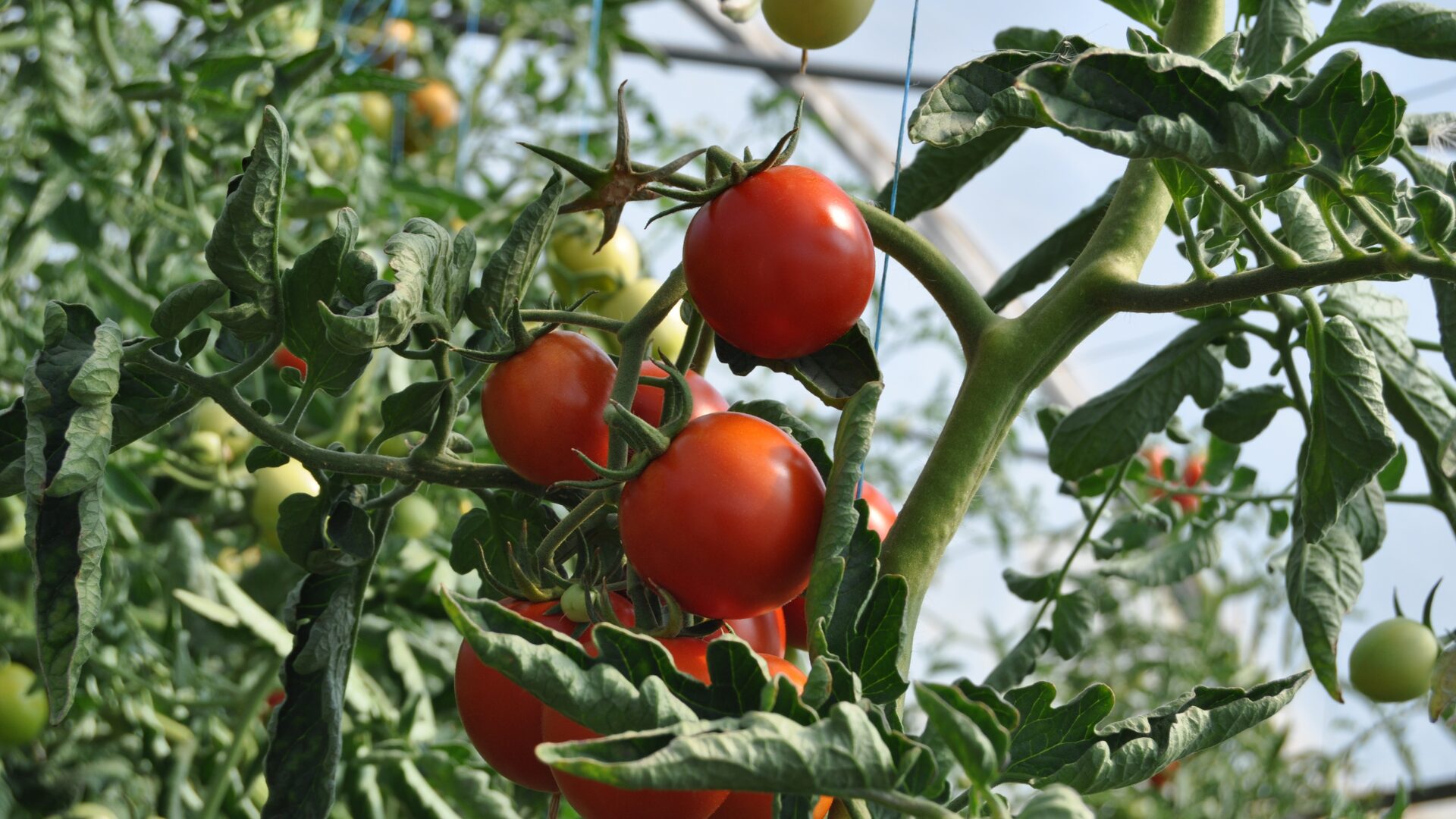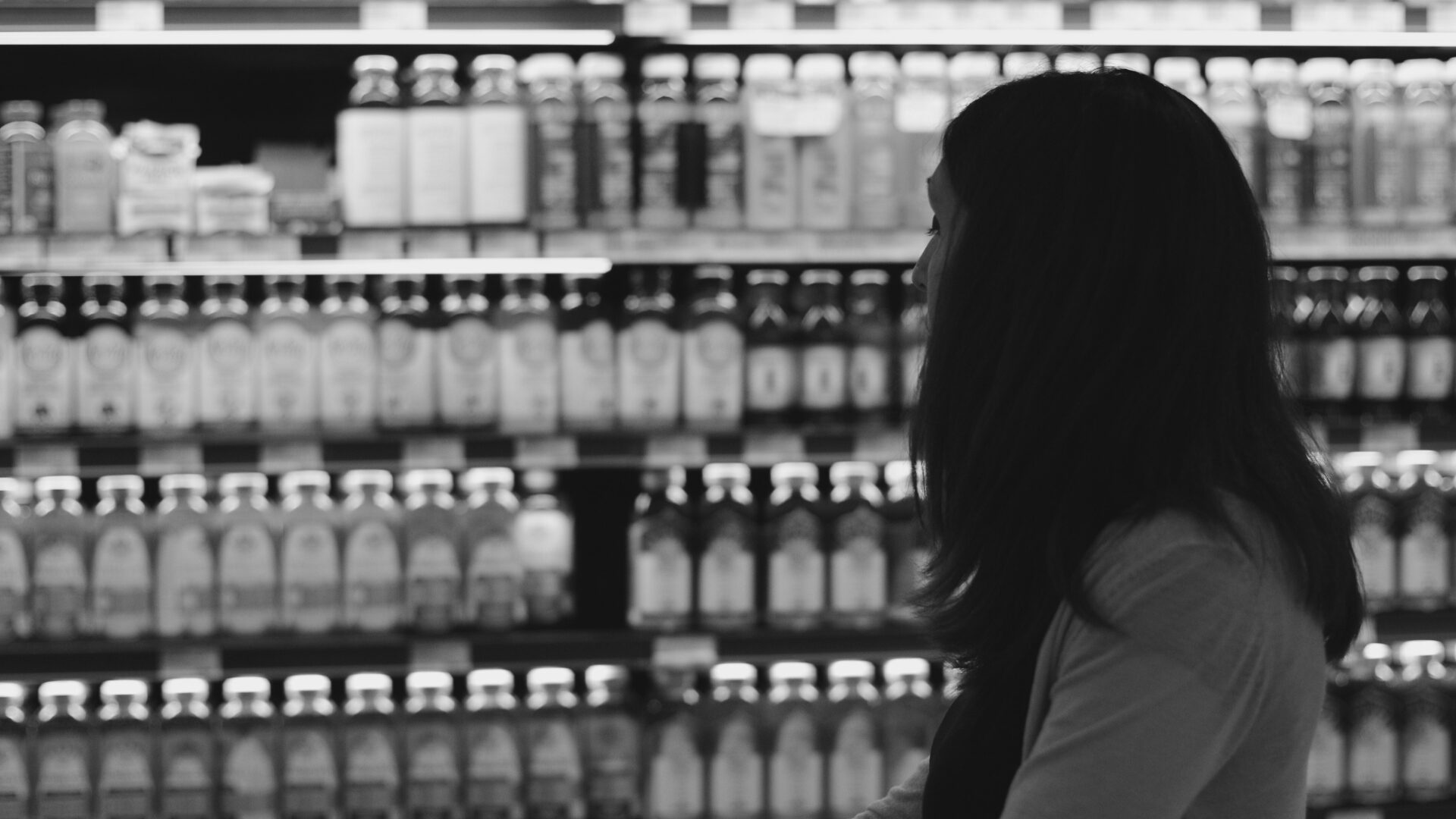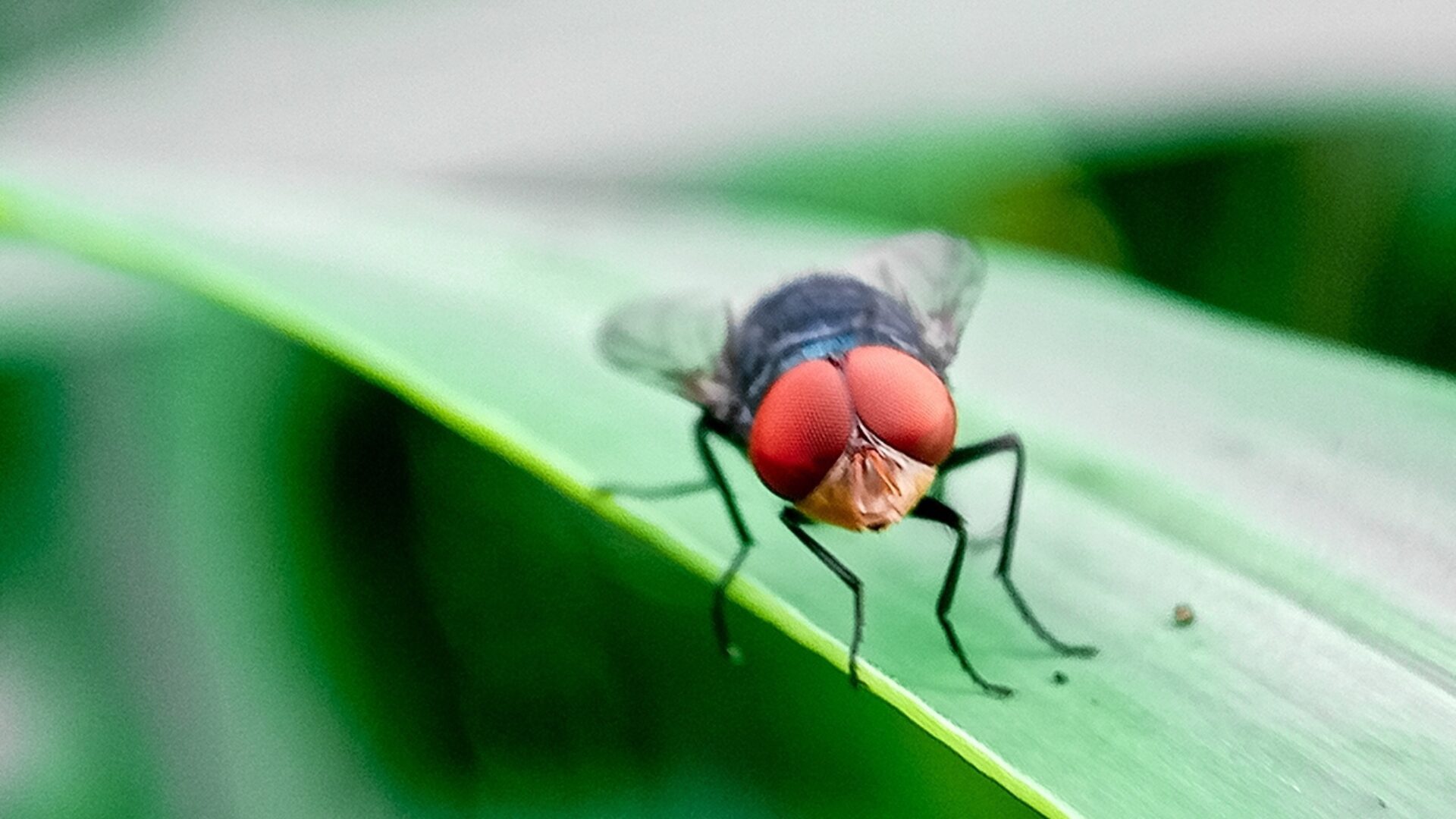Prior to this week’s extreme weather in the south, the USDA was already projecting that U.S. farmers wouldn’t see another year as profitable as 2020 for at least a decade.
USDA FORECASTS LOWER PROFITS DESPITE A RISE IN SALES
Last year, farm profits were at their highest level in seven years bolstered by pandemic-related aid and the trade war, with direct federal assistance payments accounting for over a third of U.S. farmers’ $121.1 billion in net income last year, reported Bloomberg (Feb. 16).
Despite a rise in sales through 2030, the USDA forecasts lower profits—dropping to $100.1 billion in 2021 and fluctuating in a range between $99.3 billion and $109.8 billion through 2030. The projections assume no change in current government policy.
U.S agricultural exports are forecast to rise 12% for the federal fiscal year ended Sept. 30, driven by higher prices and larger quantities as global demand strengthens. Meanwhile, livestock farmers are getting hit with the highest corn and soybean prices in seven years, raising the cost of feeding their herds by 30% or more. To stay profitable, producers, including the biggest U.S. meat producer Tyson Foods Inc., are increasing prices.
FREEZE HITS THE SOUTH, EFFECTS AG MARKETS
Freezing weather that has left millions without power is expected to hurt crop yields. Shipments of corn and soybeans have also been affected, while meat plants have shut and ethanol production has been curbed, reported Bloomberg (Feb. 16). Traders noted it’s becoming difficult to move grain to ports in the Pacific Northwest while ice warnings are restricting navigation on the Illinois River.
However, it may be too early to make any conclusions about what will happen to crop yields, according to Dante Galeazzi, president and CEO of the Texas International Produce Association, reported The Packer (Feb. 16). He noted that it may be a week or so before growers know the extent of the crop damage.
“Tender leafy greens like spinach, kale and celery will likely bear the worst of the cold’s effects and could be done for the season,” he told The Packer.












